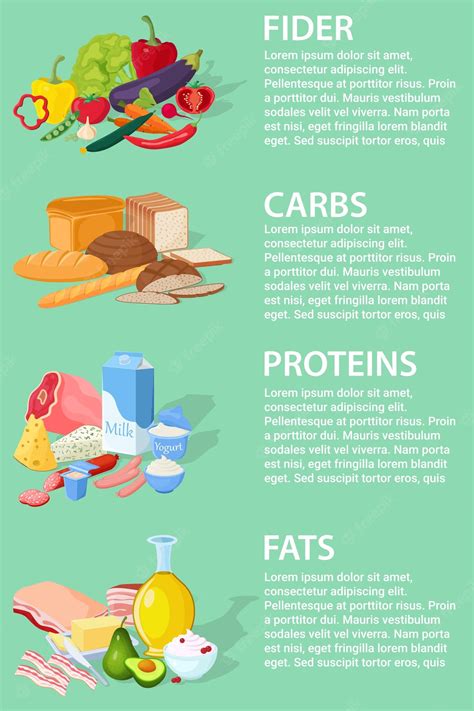What nutrition optimizes daily energy, focus, & muscle recovery for men?

Fueling Peak Performance: A Man’s Nutritional Blueprint
For men navigating demanding daily routines, whether in the office, gym, or at home, maintaining optimal energy, razor-sharp focus, and efficient muscle recovery is paramount. Nutrition isn’t just about avoiding deficiencies; it’s about actively fueling the body and brain for peak performance. A well-designed dietary approach can be the cornerstone of sustained vitality and resilience.

The Macronutrient Foundation: Building Blocks for Success
The three main macronutrients—protein, carbohydrates, and fats—form the bulk of our diet and provide energy. Getting the right balance is crucial for men’s health.
- Protein: Essential for muscle repair and growth, hormone production, and satiety. Aim for lean sources like chicken breast, fish, lean beef, eggs, and plant-based options such as legumes and tofu. Distributing protein intake throughout the day (e.g., 20-40g per meal) is more effective for muscle protein synthesis than consuming it all at once.
- Complex Carbohydrates: These are your primary energy source. Unlike simple sugars, complex carbs from whole grains, fruits, and vegetables provide sustained energy, preventing energy crashes and supporting cognitive function. Examples include oats, brown rice, quinoa, sweet potatoes, and whole-wheat bread. They also supply fiber, vital for digestive health.
- Healthy Fats: Crucial for hormone production (including testosterone), brain health, and nutrient absorption. Incorporate monounsaturated and polyunsaturated fats from avocados, nuts, seeds, olive oil, and fatty fish (like salmon and mackerel). Omega-3 fatty acids, found in fatty fish, are particularly beneficial for reducing inflammation and supporting cognitive function.

Micronutrients: The Unsung Heroes
While macronutrients provide the fuel, micronutrients (vitamins and minerals) act as the spark plugs, enabling countless biochemical reactions vital for energy production, focus, and recovery.
- B Vitamins: A powerhouse for energy metabolism. B6, B12, and folate are crucial for converting food into energy and supporting neurotransmitter function. Found in whole grains, meat, eggs, and leafy greens.
- Vitamin D: Beyond bone health, Vitamin D plays a role in mood, immune function, and muscle strength. Sunlight exposure is a primary source, along with fatty fish and fortified foods.
- Magnesium: Involved in over 300 enzymatic reactions, magnesium is vital for muscle contraction and relaxation, nerve function, and sleep quality—all critical for recovery. Rich sources include leafy greens, nuts, seeds, and whole grains.
- Zinc: Supports immune function, protein synthesis, and testosterone production. Oysters, red meat, poultry, and beans are good sources.
- Iron: Essential for oxygen transport in the blood. Low iron can lead to fatigue and reduced cognitive function. Red meat, spinach, and lentils are iron-rich foods.

Hydration: The Often-Overlooked Foundation
Dehydration can significantly impair physical performance, cognitive function, and mood. Aim to drink plenty of water throughout the day, especially around workouts. Electrolytes (sodium, potassium, magnesium) become important if you’re engaging in intense or prolonged exercise.
Strategic Eating for Optimal Results
Beyond what you eat, when you eat also matters.
- Consistent Meals: Eating regularly helps stabilize blood sugar levels, preventing energy dips and maintaining focus. Don’t skip breakfast.
- Pre-Workout Nutrition: A mix of complex carbohydrates and a small amount of protein 1-2 hours before exercise can provide sustained energy.
- Post-Workout Recovery: A combination of protein (20-40g) and fast-acting carbohydrates (e.g., fruit, whole-grain bread) within 30-60 minutes after exercise helps replenish glycogen stores and initiate muscle repair.
- Mindful Snacking: Opt for nutrient-dense snacks like nuts, seeds, Greek yogurt, or fruit to bridge meals and maintain energy levels.

Putting It All Together: A Holistic Approach
Optimizing nutrition for daily energy, focus, and muscle recovery isn’t about restrictive diets but rather a consistent commitment to nutrient-dense foods. Focus on whole, unprocessed foods, prioritize variety, and listen to your body’s signals.
Remember that individual needs can vary based on activity level, age, and genetics. Consulting with a registered dietitian or nutritionist can provide personalized guidance to fine-tune your approach and ensure you’re getting the precise fuel needed to thrive in all aspects of life.









